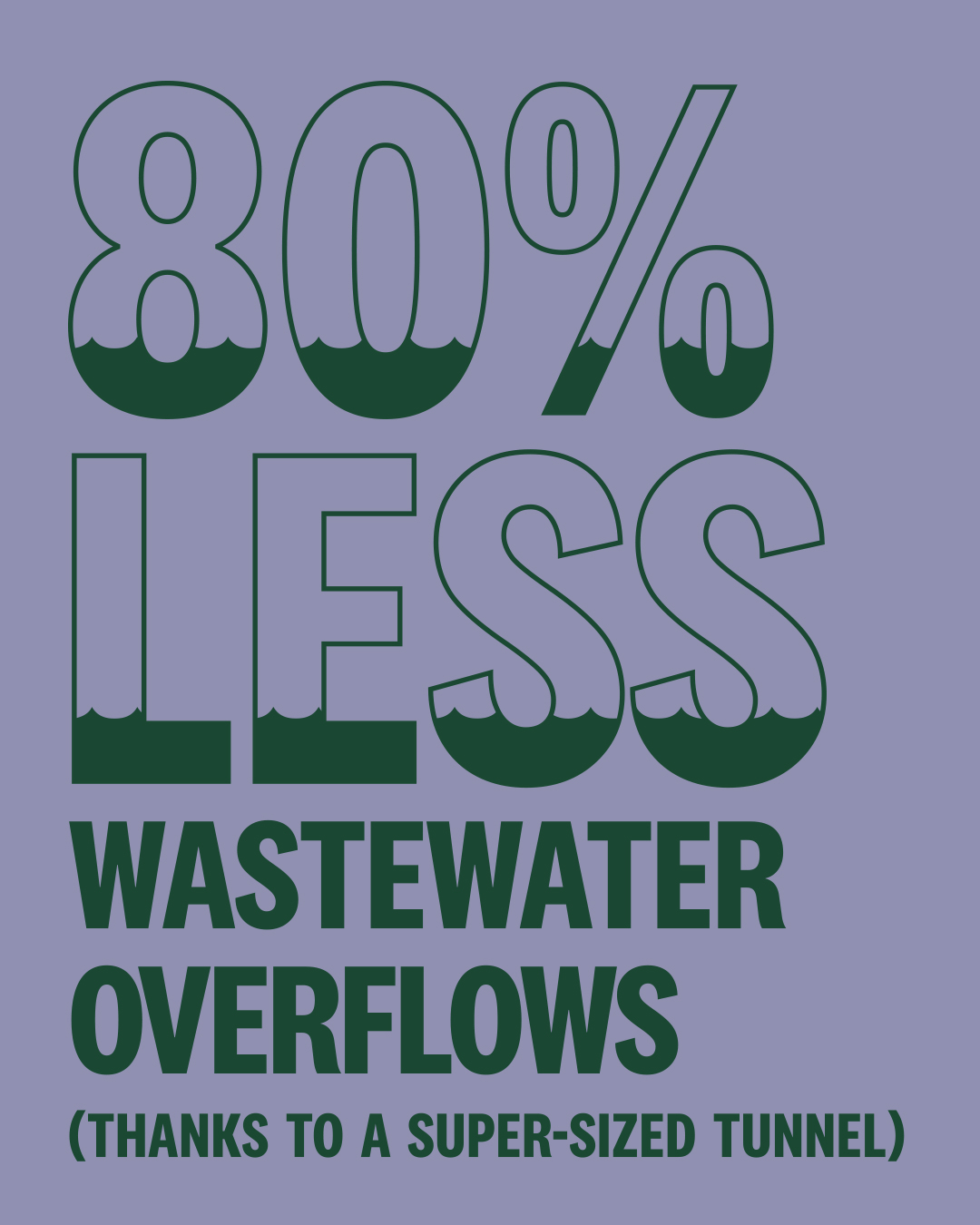Te ngao me te ahumahi
Energy and Industry
Just like we need food to survive, cities need energy to run. Without it, we wouldn’t have electricity in our homes, energy for transport, or heat to make the products we use every day.
In 2018, 26.8% of Auckland’s GHG emissions came from stationary energy (which doesn’t include transport). Non-energy related industrial processes and product use, primarily steel-production, contributed a further 21.4%.
To halve Auckland’s greenhouse gas emissions by 2030, we need to tackle emissions from both energy and industry. This means being more energy efficient and investing in renewable energy and low carbon industrial processes.

TE Ū O TĀ MĀTOU WHAI
OUR COMMITMENT
Auckland Council will work to reduce emissions from energy and industry in a number of ways, including:
-
Collaborate and partner with central government and industry to decarbonise process heat. Process heat is the steam, hot water or hot gases used in industrial processing, manufacturing and space heating. It often comes from burning coal or natural gas.
-
Support the installation of renewable energy generation in Auckland
-
Support community-led initiatives to implement sustainable energy solutions
-
Partner with manufacturers in Auckland to promote the safe use of low global warming potential (GWP) refrigerants
-
Lead by example, through phasing out gas boilers and investing in energy efficiency and renewable energy across council facilities.
Did you know?
Auckland Council is phasing out gas boilers in its aquatic centres. Aquatic centres are responsible for 32% of Auckland Council's own greenhouse gas emissions, 75% of which is produced by the gas boilers used for heating.
Did you know?
104,000 Auckland streetlights are now energy-efficient LEDs, reducing CO2 emissions by over 1500 tonnes a year.
Powerful Project: Watercare’s Floating Solar Farm
The Rosedale Wastewater Treatment Plant is home to New Zealand’s first floating solar farm, built by Vector and Watercare in 2020.
The one-megawatt array spans the size of a rugby field and generates enough electricity to power a quarter of the plant’s total energy needs, or the equivalent of 200 homes for a year. The installation will reduce carbon emissions by 145 tonnes each year. It is just one of several Watercare solar projects that will help us reach our goal of halving Auckland’s emissions by 2030.
TE WĀHI KI A KOE
PLAYING YOUR PART
-
Insulate your home to reduce your carbon footprint and your power bill.
-
Replace gas or electric bar heaters with a heat pump and reduce energy used for heating by 70%.
-
Switch to an energy efficient showerhead to save on water and electricity costs.
-
Consider the energy rating of appliances before making your purchase.
Having a Climate Plan helps focus, quantify, and extend our efforts in carbon reduction through innovation opportunities and action from industry and the community.
Warner Cowin, CEO - Height PM
Rongorongo
News
Ngā whāinga mātāmua e waru
The eight priority areas
Natural Environment - Taiao māori
Restoring and replenishing the mauri (life essence) of Tāmaki Makaurau.
Built Environment - Taiao hanga
Planning lower carbon urban spaces, infrastructure and buildings.
Te Puāwaitanga ō te Tātai
Ensuring Māori communities are resilient, self-sustaining and prosperous.
Communities and Coast - Ngā hapori me te tahatai
Preparing our people for our changing climate and coastline in an equitable way.